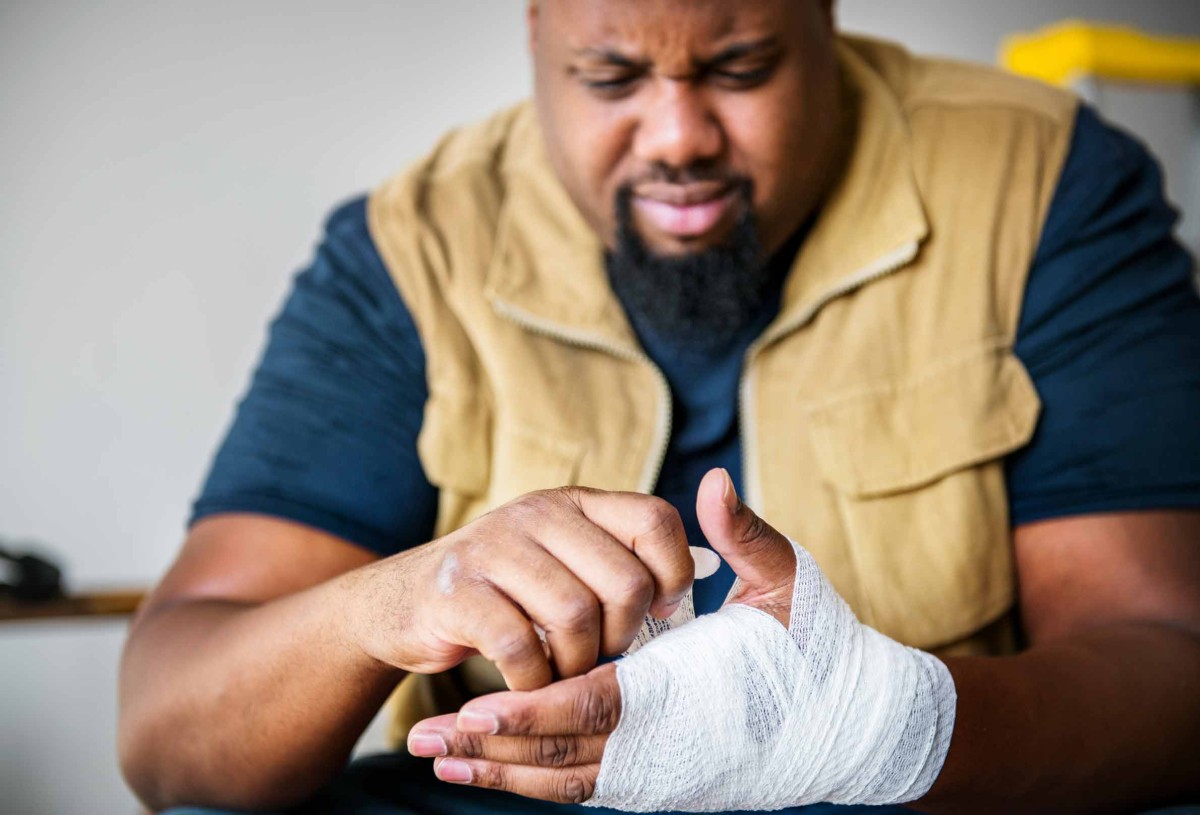Personal injury law can be complicated. If you’ve been injured at work, suffered a slip, trip or fall in a public place, or been involved in a road traffic accident, navigating the legal system can be completely bewildering. So, to help you better understand your rights and the process of making a claim, this guide to personal injury law in the UK will walk you through the basics of taking legal action after an injury.
What is Personal Injury Law?
Personal injury law in the UK is designed to compensate a person who has suffered injury as a result of another person’s unlawful conduct. The law applies to a wide variety of situations, from slips, trips, and falls at work to medical negligence. In principle, the law of personal injury places an injured person in the same position he or she was in before the injury, as far as money can do.
Common Types of Personal Injury Claims
Appreciating the various types of claims can help you determine where your situation fits into personal injury law:
Workplace Accidents: These are claims covering injuries that an employee sustains at work due to the fault of the employer. This can include negligent training of the employee, unsafe working conditions, or other issues, including defective equipment. Employers have a duty of care to make a workplace safe for their employees, and this includes taking steps to avoid causing injury to their employees. If they fail to do this, they can become liable for the employee’s injuries.
Road Traffic Accidents: Such claims are made when the injured person was a driver, passenger, pedestrian, cyclist, or motorcyclist who suffered an injury in an accident caused by the negligence of another person. This encompasses rear-end shunts, through to a cyclist or pedestrian knocked over by a careless driver.
Medical Negligence: These are claims arising from injury or related health problems caused by below-standard medical care. Examples might include surgical mistakes, misdiagnosis, or insufficient care. Often the most difficult claims to prove, medical negligence usually requires expert medical testimony to show that below-standard care caused harm.
Public liability claims: If you slip on a supermarket floor, trip on a pavement, or suffer an injury in a public park due to the council’s negligence, you might have a claim for public liability. Businesses and local authorities have a duty to ensure that their premises and land are safe for visitors.
Product liability claims: If you have been injured by a defective product, such as a dangerous household appliance, cosmetic product or machinery, then you might have a claim.
The Personal Injury Claims Process
A personal injury claim consists of several stages:
Seek medical attention: Before anything else, your health and wellbeing should be the utmost concern. Visit a doctor as soon as possible after an injury to address your medical needs, and to be sure your injuries are duly recorded.
Find a Personal Injury Solicitor: First of all, you need to approach a solicitor who specialises in personal injury law. The solicitor will investigate your case, see whether you have a valid claim of medical negligence, and advise you on the further course of action. Most personal injury solicitors provide a free consultation to discuss your claim.
Collecting Evidence: This is the most important part of your claim. Your solicitor will help you to gather evidence, including medical reports; photos of the scene of the accident; witness reports; and any other relevant documentation, including any money that you’ve had to spend as a result of your injury.
Issuing the Claim: Your solicitor will serve a formal letter of claim on the defendant, setting out the circumstances of the accident and the injuries sustained. The defendant then has a specified time to acknowledge the claim, accepting liability or contesting it.
Negotiation and Settlement: In many cases, the defendant’s insurer will want to negotiate a settlement with you. Your solicitor will be able to advise you whether the offer is appropriate and whether it adequately takes account of your needs now and in the future, for example, with respect to medical expenses and loss of earnings.
Court Proceedings (if Necessary): Whilst most claims settle out of court, some may proceed to trial. Should this occur, your solicitor will represent you in court, present the evidence, and argue your case to try and obtain the compensation you are entitled to.
Time Limits for Making a Claim
The general time limit for filing a personal injury claim in the UK is three years from the date of the injury or from the moment you realized someone else’s negligence was to blame (the “date of knowledge”). There are exceptions—for example, in children, where the three-year limit only begins when they turn 18, or claims brought by people who lack capacity.
Compensation: What You Can Claim For
Compensation in personal injury claims typically falls into two categories:
General Damages: This is for your pain, suffering, and loss of amenity—your loss as a result of your injury. It takes into account the physical and psychological consequences of your injuries, both short- and long-term.
Special Damages: Those damages that result from the injury and which are capable of being ascertained with certainty, including medical expenses, loss of earnings, travel expenses, rehabilitation costs, and any future care or support that may be needed.
Your solicitor will help you to calculate the appropriate level of compensation for you and your family – recognising the needs you have now and will have in the future.
Why Legal Support is Essential
Legal issues can be confusing, particularly if you have suffered injury and need to deal with insurance companies and the law. An experienced personal injury solicitor will be able to help you with every step of the process and make sure that you are put in a position to receive the compensation that you are entitled to. Some final things you should know;
1. You can make a claim if someone else is at fault for injuring or abusing you, whether physically, mentally, or both.
2. A solicitor can only represent you if they believe you have a valid claim. However, they will not take on your case unless they are convinced they can win it. 3. Personal injury cases typically involve a defendant who denies liability, unless the case is quite straightforward.
4. Personal injury solicitors often conclude cases without going to trial.
5. The defendant’s insurers usually cover the costs of paying compensation if they are at fault. If they are not at fault, you can have your own insurer pay your solicitor, or your solicitor may not charge you at all and let you keep any compensation awarded, or seek legal aid.
6. The court sets a date for the trial.
Personal injury law in the UK is designed to help people who have been injured, physically or emotionally, due to someone else’s negligence. The first step to recovery and compensation is understanding your rights and the legal process.
If you’ve been hurt, a good personal injury solicitor can help you understand your rights and how to best move forward with your claim. The law is there to help you recover and get back on your feet, so don’t be afraid to take the steps needed to get what you deserve.





